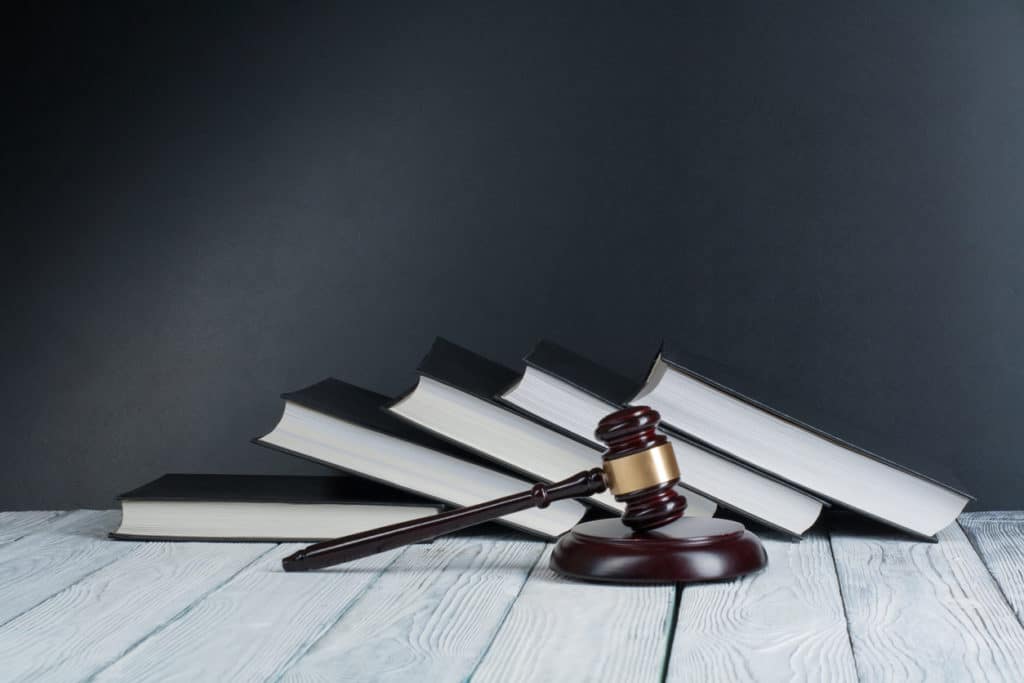On November 5, the Federal Register published the Whistleblower Program Rule changes for the U.S. Securities and Exchange Commission (SEC) Whistleblower Program. The SEC approved the changes on September 23 in a 3-2 vote by the SEC Commissioners. While the rule changes will go into effect on December 7, some individual rules are retroactive and establish new deadlines that are relevant to thousands of current cases.
“Whistleblowers and whistleblower law practitioners should carefully review the applicability dates of the various rule changes, as these deadlines may have a significant impact on pending or future cases,” said whistleblower attorney Stephen M. Kohn, a partner at qui tam firm Kohn, Kohn & Colapinto and Chairman of the Board of the National Whistleblower Center. “It is critical to understand that while the new rules impact SEC whistleblower cases filed after December 7, 2020, they also potentially affect all pending cases as many of the rules will be applied retroactively.”
The rule changes affect numerous aspects of the SEC whistleblower program – including the process of award determinations and the proper procedure for filing a whistleblower disclosure. Kohn previously penned the definitive analysis of the rule changes. While some individual rule changes are seen as negative by whistleblower advocates, the rule changes are largely seen as a win for whistleblowers.
The important information in the newly published final rule changes are not the rules themselves, as these were already known, but the applicability dates of the rules. In Section III of the published rules, the SEC outlines the applicability date for each individual rule change.
In a blog post for Kohn, Kohn & Colapinto, whistleblower attorney Mary Jane Wilmoth (the editor of Whistleblower Network News) explains some of the notable applicability dates:
- “Rule 21F-4(e) defining ‘monetary sanctions.’ This rule change will be applied retroactively and has a significant impact on the amount of an award a whistleblower may be entitled to under pending cases and in cases related to non-prosecution agreements. The rule applies ‘calculating any outstanding payments to be made to meritorious whistleblowers.’ This means the rule covers all pending cases. It also covers sanctions obtained in cases resolved by non-prosecution agreements where the SEC never published a Notice of Covered Action.
- Rule 21F-6 concerns the SEC’s discretion in small cases where sanctions obtained by the SEC are $5 million or less that rewards should be paid at the highest amount (i.e., 30% of sanctions obtained), barring the existence of negative factors that would justify a reduction. This rule applies to ‘all award claims still pending’ on December 7, 2020. Thus, the applicability of this rule is retroactive.
- Rule 21F-9 requires whistleblowers to file complaints using the TCR form to qualify for a reward. Whistleblowers have 30-days from an initial contact with the SEC to file the TCR. The 30-day requirement is tolled until a whistleblower obtains actual or constructive knowledge of the TCR filing requirement. However, the thirty day requirement can be triggered when a whistleblower hires an attorney to file a reward claim. This provision applies ‘to all award claims still pending’ as of December 7, 2020, and all future filings. All persons contacting the SEC with information on potential violations need to be aware of this 30-day filing deadline, along with all attorneys who represent whistleblowers in SEC proceedings.
- Rule 21F-13 relates to the administrative record on appeal of Whistleblower Award Applications. Under this rule, any WB-APP award application filed with the SEC after December 7, 2020, may not be supplemented. Therefore, whistleblowers must be careful to include the entire basis for an award claim in their WB-APP application. This rule applies ‘only to covered-action and related-action award applications that are connected to a Notice of Covered Action’ posted on or after December 7, 2020.
- Rule 21F-18 established a new summary disposition process. This rule applies to ‘any whistleblower award application for which the Commission has not yet issued a Preliminary Determination’ as of December 7, 2020, as well as to any future award applications that might be filed. Therefore, this rule impacts pending reward claims.
- Interpretive guidance on the meaning and application of the term ‘independent analysis’ in Rule 21F-4. The SEC intends to rely on the principles articulated in the guidance for “any whistleblower claims that are still pending at any stage.” Thus, any person who has already filed a TCR complaint or a WB-APP application based on the ‘independent analysis’ rules should examine this new guidance and determine whether they need to amend or supplement their filings.”
“Whistleblowers must carefully follow the SEC rules, including all deadlines. The failure to follow these rules can result in a reduction in a reward, or even the complete disqualification of award eligibility,” Kohn said. “Whistleblowers should not leave money on the table.”
The new rule changes will go into effect as the SEC Whistleblower Program is off to a record-setting start to the 2021 fiscal year. Since the 2021 fiscal year began on October 1, the SEC has issued approximately $154 million to six whistleblowers. In the 2020 fiscal year, the SEC issued whistleblower awards totaling approximately $175 million, the most in program history. The SEC is currently on pace to break that record within the first two months of this fiscal year.
Read:
SEC Publishes New Whistleblower Rules; Deadlines Impact Thousands of Cases
